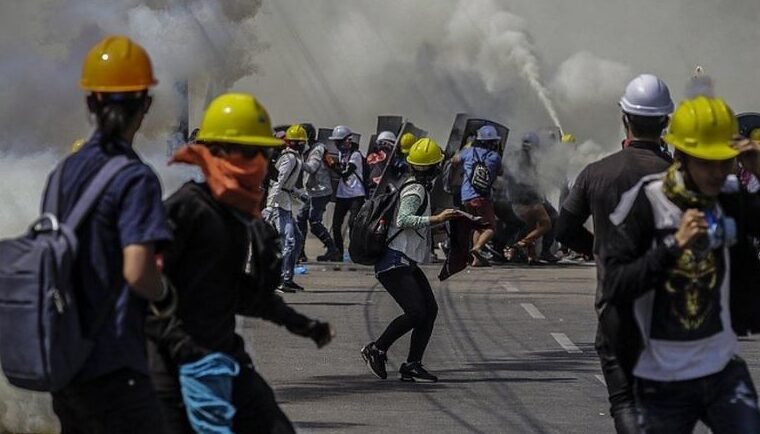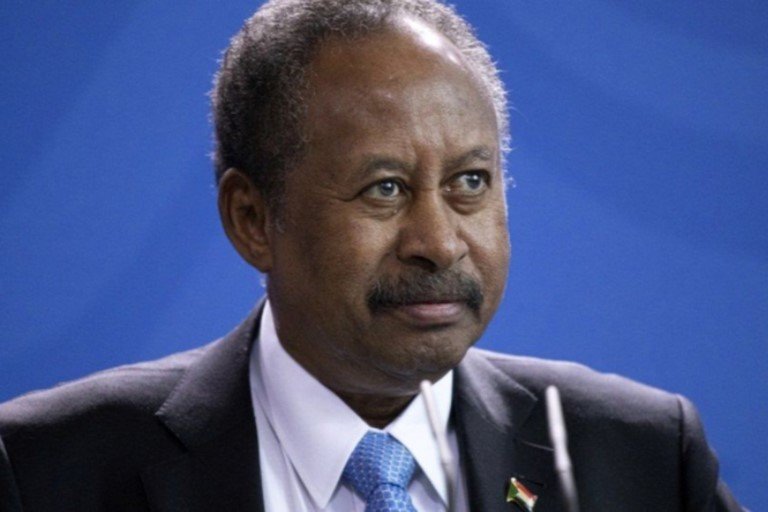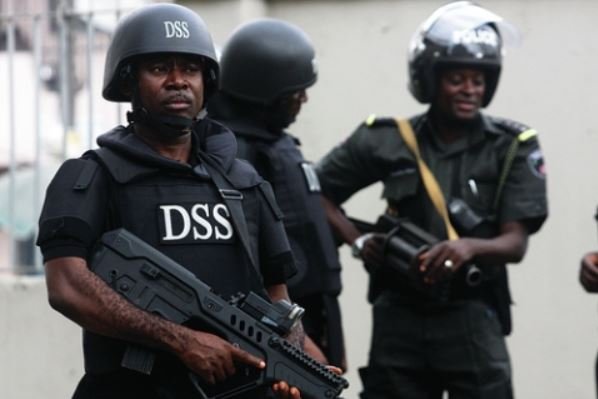Africa
Expert lauds AU over youths inclusion


African Heads of States at the AU Secretariat, Adis Ababa, Ethiopia.
The African Union Department of Political Affairs has been commended for including the African youth in the conversations and processes leading to the development of the Common African Position on Humanitarian Effectiveness (CAP).
The development was made during the 2016 Ordinary Session of the Executive Council and the Assembly held in January in Addis Ababa, Ethiopia.
CAP lays emphasis on humanitarian effectiveness in Africa and is a consolidation of the aspirations of AU member states and their people, on the desired reforms they want in the global humanitarian architecture, to make it more effective and relevant for the future.
According to NAN report, a Botswana youth, Ms Gogontlejang Phaladi, who participated in the 4th Annual African Symposium on Humanitarian Effectiveness, has commended AU.
Phaladi, who is the Executive Director, Pillar of Hope Project, an NGO, noted that a youth representative was part of the Special High Level Advisory Committee that facilitated the consultations for the development of the CAP.
She also stated that at the regional level, young people of Africa were fully engaged as the AU set up a robust social media communication outreach which facilitated interaction with the youths.
“I was part of the process and a lot of youths were contributing to how CAP should be.
“When you look at the CAP on Humanitarian Effectiveness, there is a specific segment talking about young people of Africa, their roles and responsibilities and what should be done for them to be actively engaged in the responses.”
According to her, this is critical because they are the most affected population in humanitarian situations just as they are actors at the community and in-country levels.
“The CAP acknowledges the immense contribution of young people as volunteers, innovators and those who disseminate information.”
Phaladi expressed her satisfaction that the CAP also devoted a segment to women in humanitarian settings, noting that often, women’s contributions were undermined, not acknowledged and their issues together with those of youths, inadequately addressed.
She, therefore, described the recognition and acknowledgement of women and young people in the CAP framework as a good step forward and expressed the hope that it would be diligently implemented.
The executive director challenged African leaders to always involve youths at decision making levels rather than sideline them.
“Look around your offices; are there youths on the decision-making tables? Why are you not bringing young people when you have the opportunity to bring more than one person?
“Why are youth events at high level meetings often side events and not plenary discussions, she asked?”
On the issue of youth involvement in conflicts, she identified governance deficits as the major cause of youth radicalization into violence extremism.
She, however, advised youths to become positive and active change agents and catalysts of development.
“We have only one Africa; we can either destroy it or make it work. If you feel the system doesn’t work for you, you have to make it work for you.
“When you are not given a seat at the table, you need to bring a fold-up chair and seat at the table. We need to understand that when we become active agents of change and catalysts of development, we stand a greater and better chance of winning and benefitting our countries.”
She further advised youths to utilise the power of the social media and multi-media for positive messaging.
“When I post something on Facebook or Twitter, I have like hundreds or thousands following me. I need to know that I have a responsibility to spread positive messages that inspire positivity and not negativity.
She added that “We also have the power to mobilise each other; when we gather, let it be constructively and not negatively; we can change this if we are truly determined and committed.”
NAN









